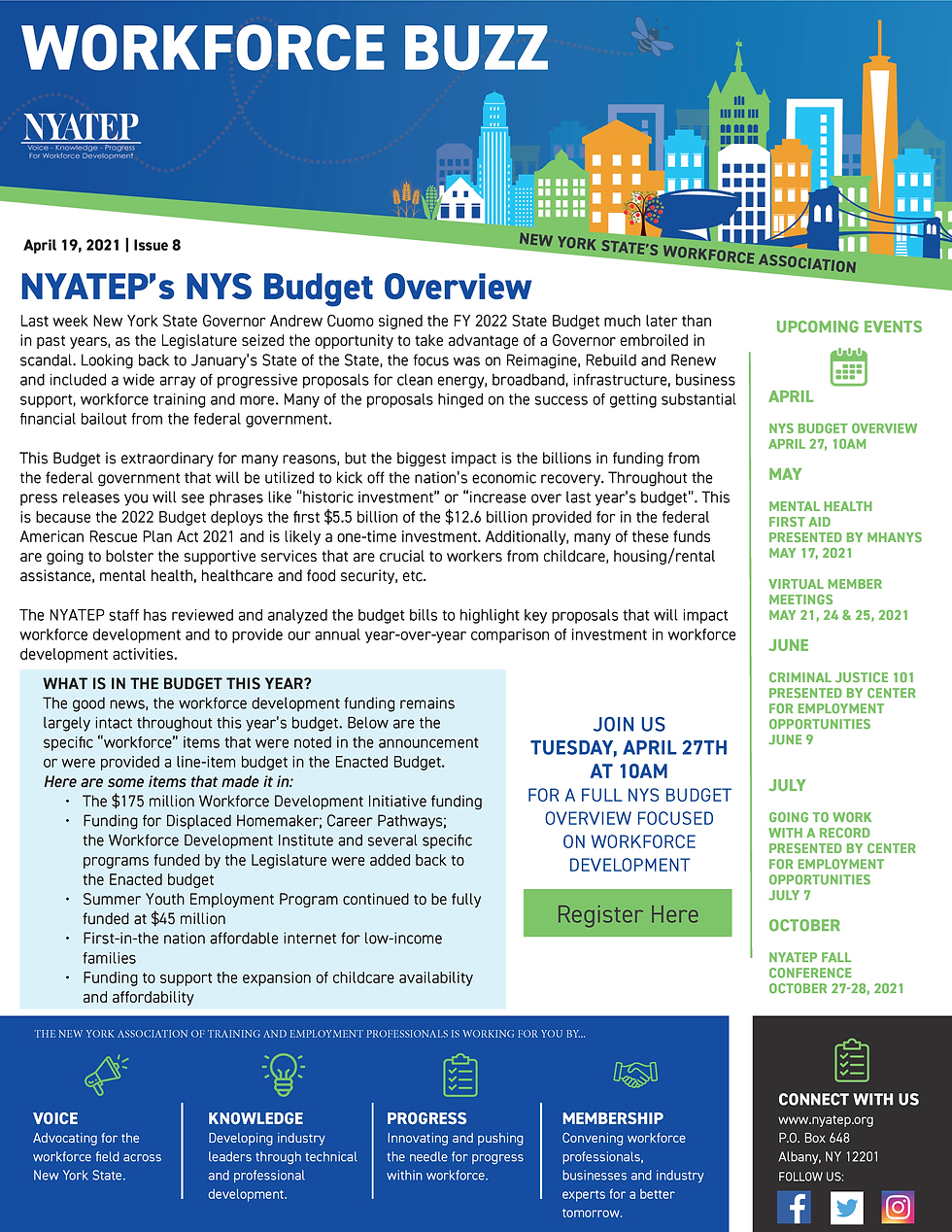Germany: 11/13/19 Rheinische Akademie
- Melinda Mack

- Nov 13, 2019
- 2 min read
Updated: Feb 7, 2020
After a few hours to explore historic Cologne or Koln, the New York and Michigan delegation gathered at the hotel and shared about our morning adventures as we hopped into waiting taxis for a short drive across town. We pulled up to the Rheinische Akademie (Rhine Academy), a small campus of post modern buildings that added to the overall German vibe. The Academy was looking forward to our visit (including a visit by local press), hosting us for a lunch with faculty, and former Kansas resident, Dr. Jerry Neeb-Crippen, head of the Cologne School of Translation and Interpretation.

Dr. Neeb-Crippen described his role at the Academy, and the structure of the school. He described the school as part of the Rhine Foundation, and that the school is in fact a "private school" meaning it charges tuition. He also shared that as a former member of a university faculty, he prefers the Rhine Academy for its direct connection to employment. Dr. Neeb-Crippen indicated that translation services are in high demand in Germany and European companies, and that nearly 100% of his students are employed immediately passing their state exams. The state exams are a unique structure in Germany, regardless of the discipline, a student is required to take and pass a state developed exam to receive their credential.
We then met with Herr Ralf Munstermann and Herr Brunke Barelmann, and the
leadership team of the Academy to gain a deeper understanding of their structure, programs, and how the private school fits into the larger landscape of the vocational training system in Germany.
Herr Barelmann presented the strengths of the Academy, the wide range of certifications from the various "schools" under the umbrella of the Rhine Academy, and their challenges. Speaking candidly, he and Herr Munstermann (via a translator) expressed their frustrations of fighting against the tides of the students preferring University or the "free" vocational training options; declining overall enrollment due to the strong economy and declining birth rates; and over regulation.
The delegation also had the opportunity to check out a few classrooms in action, and to speak directly with the students in a molecular biology program and a pharmacy tech program.
We also had the chance to speak directly with several students about their experience and why they selected the training program. The students were gracious, and nervous to have to speak English, considering that we made a surprise visit to their classroom to observe their DNA testing work.























Comments